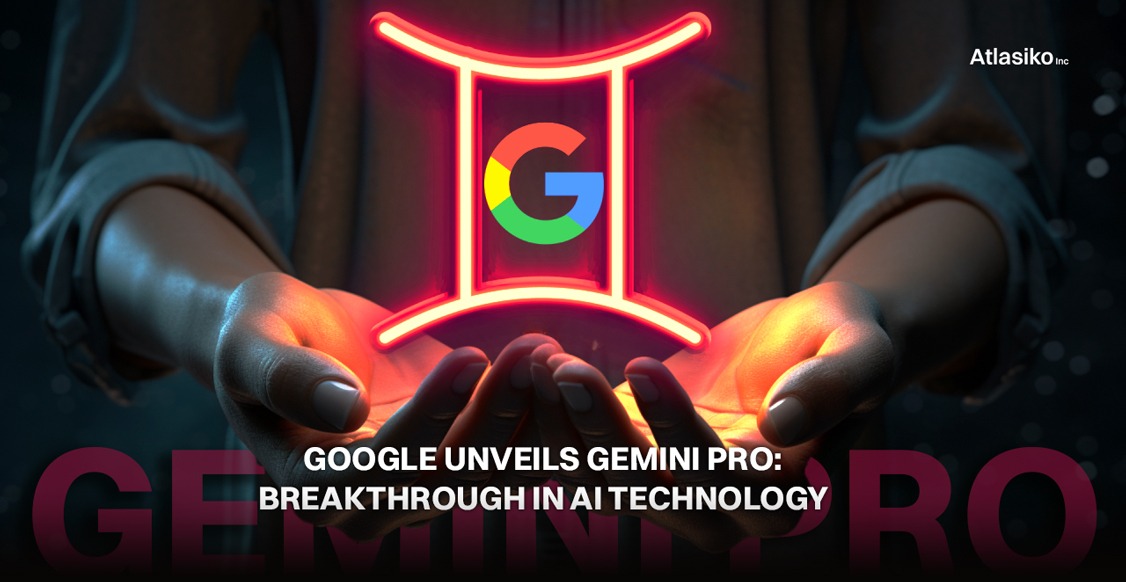In a significant leap forward in AI, Google has rolled out the Pro model of its Gemini, surpassing the capabilities of GPT-3.5, the free version of ChatGPT, in extensive testing. According to reliable sources within the company, Gemini Ultra has exhibited superior performance across 30 out of 32 widely used academic benchmarks crucial to LLM research and development.
Google, often criticized for trailing behind OpenAI's ChatGPT in the AI domain, asserts that Gemini's prowess lies in its multimodal training. Gemini can seamlessly process diverse media types, including text, images, video, and audio.
An internal source has revealed to insiders that Gemini Ultra achieves an outstanding score of 90.0% in Massive Multitask Language Understanding (MMLU), a groundbreaking feat as it outperforms human experts. MMLU encompasses 57 subjects, spanning math, physics, history, law, medicine, and ethics, serving as a litmus test for world knowledge and problem-solving skills.
The Gemini platform boasts three variants: Ultra, the flagship model, Pro, and Nano, tailored for mobile devices. Google plans to make Gemini Pro accessible to enterprise customers through its Vertex AI program and to developers via AI Studio starting December 13. The Pro version can also be accessed through Bard, the company's chatbot interface.
Eli Collins, VP of Product at DeepMind, the Google division responsible for developing the AI platform, stated that Gemini Ultra can comprehend nuanced information in text, images, audio, and code. While Collins acknowledged that some data for app development was sourced from public web platforms, the specifics of the AI's training data sources were not disclosed.
However, as AI capabilities continue to advance, a crucial question arises: What about the ethical implications and consent surrounding the raw materials used to empower these platforms? Beyond energy, hardware, and chips, AI models like ChatGPT and Gemini rely on the intellectual contributions of millions of creators. Recent lawsuits against tech giants Microsoft, GitHub, OpenAI, and Stability AI, filed by content creators including renowned authors John Grisham and George R.R. Martin, allege unfair usage and "systemic theft on a mass scale."
In the United States, the fair use doctrine permits limited use of copyrighted works for purposes such as commentary, criticism, news reporting, and scholarly reports.
If you are interested in the dynamic and ever-evolving fields of artificial intelligence and technologies, discover more news at Atlasiko!







